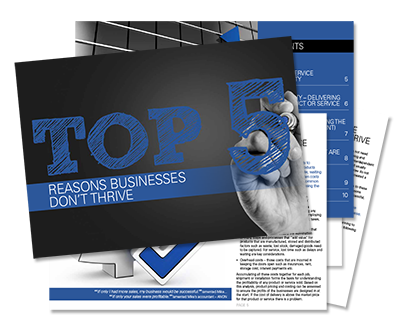The Language of Manufacturing
During a recent conversation with the owner of an innovative small manufacturing business, I was struck by what I believe highlights a road block many manufacturers in Australia face.
Whilst discussing the opportunities for significant growth over the next year – and the imperative to increase output by 40% – the conversation focused on the wide variety of changes the business was considering including changes to team member roles, layout of the plant, better use of automation, and new equipment to remove bottle-necked processes. The opportunities were simple, easily described and readily implementable. Then came the lightning bolt moment, “we have even worked out that if we standardise some of the parts we use across different models, we can improve productivity!”
Now this conversation itself is nothing outstanding, except in the context where – for 2 years – a former operations leader in the organisation had been “banging on about the need to do LEAN manufacturing”.
What struck me in the conversation was that for many business owners of small to medium sized manufacturers, there is a language barrier. Using buzzwords and 3- 4 letter acronyms reinforces a belief that “big manufacturing” is too different for the ideas to be implemented in smaller businesses and, as a result, they resist making the changes they need.
The consequence of this thinking is that smaller businesses are unlikely to reap the benefits that are available utilising technology, automation, and artificial intelligence now possible at much smaller economies of scale. Not because they are not applicable – but because the owners do not understand what is possible. Their eyes glaze over when they read about LEAN, ERP, IoT, RFID, and so on.
In the post-COVID19 era for Australian manufacturing, we must support the education of our many small manufacturers around the opportunities that exist for them to improve profits, product quality or customer satisfaction from the fundamental concepts that are not wrapped up in jargon and marketing spin.
Whilst this may seem simplistic as a focus for those seeking to help Australian manufacturers to grow and compete, my experience suggests that the application of the advancements and learnings in small-medium business is dependent on ensuring the language is understandable.
If you’d like to work with a jargon-free manufacturing growth specialist, please get in touch and we can get started!
Are you ready to be the next success story?

GETTING THE BASICS RIGHT
Pandemic or no pandemic - avoid the common traps that lead to business failure with this free e-book
Submit your details and you'll be given immediate access to download this FREE e-book.
